- Expert advice/
- Parties & events/
- Wedding shower/
- Wedding Shower Guide – Everything You Need To Know
- Wedding shower
Wedding Shower Guide – Everything You Need To Know
Get all your wedding shower questions answered. From the guest list to thank you notes, we have you covered.
Last updated February 5, 2024

The First Look ✨
Jump around below and find out all there is to know about wedding showers!
- Wedding Shower Basics: What Is a Wedding Shower? Who Hosts a Wedding Shower?
- Wedding Shower Guest List: How Many People Are Typically Invited?
- Wedding Shower Gifts: What Kind of Gift Should I Bring to a Shower?
- Wedding Shower Activities: Do You Have to Play Games at a Shower?
A pre-wedding rite of passage, the wedding shower is steeped in decades of history and tradition, but it’s an often overlooked element of wedding planning.
Whether you’re planning your own wedding shower, hosting for someone else, or attending as a guest, you probably have a lot of questions.
From preparing the guest list to sending out thank-you notes, our wedding shower guide will lead you through all the traditional protocols—as well as provide ideas to modernize your celebration, if you so choose. Read on for everything you need to know about bridal shower etiquette:
Wedding Shower Basics
What Is a Wedding Shower?
First things first—what is a bridal shower?
Intended as an opportunity for guests to “shower” the soon-to-be-married couple with affection, advice, amusement, and support, a wedding shower is a pre-wedding celebration. Typically, the festivities will be held in the months leading up to the wedding and may involve a variety of games, wedding-related trivia, and other activities.
Is It a Women-Only Celebration?
Traditionally, these gatherings were referred to as bridal showers, where only the bride and other women were invited. However, this practice has evolved, and many modern wedding showers include both halves of the couple, plus any guests they choose to invite.
What Is the Difference Between a Couple’s Shower and a Bridal Shower?
Bridal showers are the more traditional approach and would usually see only women in attendance. A couple’s shower (also known as a coed shower), on the other hand, will have a coed guest list—including friends and family members of both halves of the couple.
While a traditional bridal shower is more likely to occur mid-day, a coed or couple’s shower is often held in the late afternoon or evening hours. Similarly, bridal showers typically revolve around bridal-centric themes, favors, and games, such as creating wedding bouquets from toilet paper, which are not as common at coed showers.
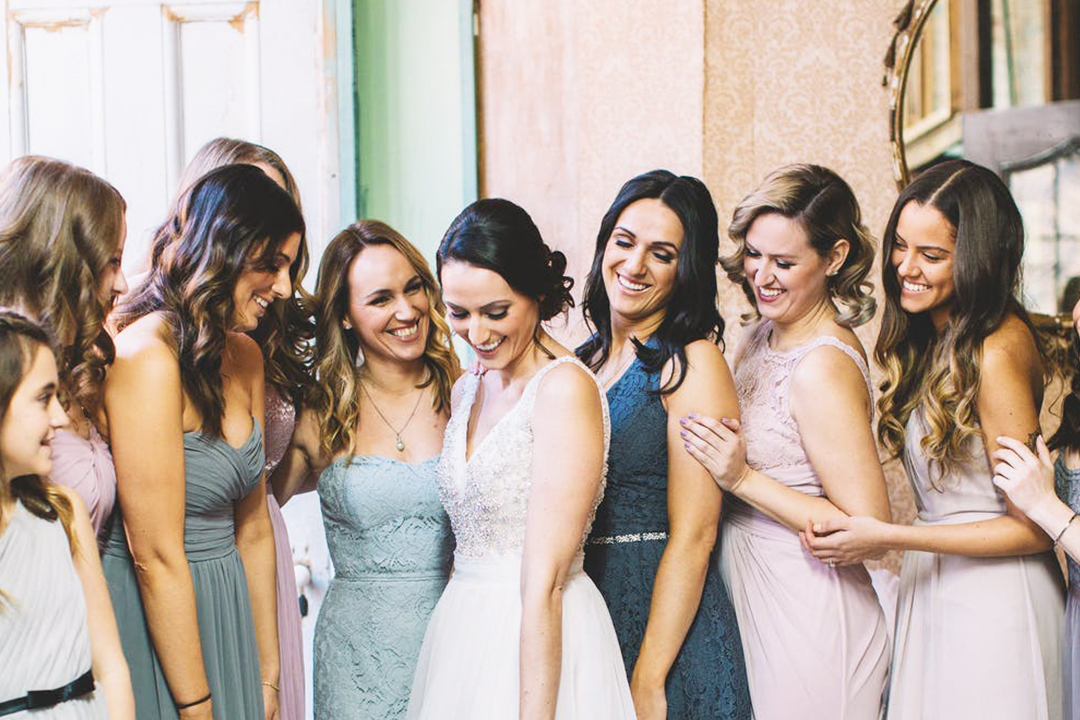
Who Hosts a Wedding Shower?
Traditionally, the bride’s maid of honor, bridesmaids, mother of the bride, and/or the groom’s mother host the shower. However, anyone who wants to throw a wedding shower can—and in some cases, the couple may throw one themselves.
Depending on the type of celebration you’re having and the number of guests invited, sharing the hosting duties between two or three people can be a smart move, as the task is not small, and the cost of the event can be split.
Keep in mind that the bridal shower guest list is determined by the bride and/or couple. If you’re planning a bridal shower, make sure to ask the bride and/or couple for their wedding shower guest list at least two months in advance so you have time to send out invites—and guests have time to RSVP.
Can I Have Two Showers?
Having multiple showers can be a great way to celebrate with a variety of people (e.g. one for local family members, one for close friends that live in the city). Particularly, if you have a large wedding guest list spread out over a variety of locations.
However, the more showers you have, the trickier it is to navigate the guest list etiquette. When having multiple showers, your immediate family and wedding party should be the only people invited to more than one event; all other guests should only receive one shower invite. You also want to communicate to guests that they only need to attend one shower—and only one gift (if they choose to give one) is necessary.
Wedding Shower Guest List
How Many People Are Typically Invited?
This will depend on a variety of factors, like your venue and whether you’re hosting a couple’s shower. Traditionally, an intimate bridal shower will have about 15 guests invited, but a larger coed shower may see closer to 50 people invited. It’s really up to you!
Should I Invite My Co-Workers?
If you’re good friends with your co-workers and plan to invite them to the wedding, go for it. However, if your office is small and/or has a circle of co-worker friends and not all of them made the cut, it’s best to privately message those who did to keep their invite and chatter about the shower to themselves. You don’t want to make your other co-workers feel awkward or hurt their feelings.
Can My Fiancé Come to the Shower?
Traditionally, your fiancé would not attend. However, if you want them to come, the decision is yours. Of course, if you have a couple’s shower, your soon-to-be-spouse should be in attendance.
Can I Invite People Who Are Not Invited to the Wedding?
No, many guests would find it rude to receive bridal shower invitations and not an invitation to the wedding itself, as showers are typically a gift-giving event. However, if you have invited someone to the wedding, and they have already indicated that they are unable to attend the wedding, inviting them to the shower can be a great way to include them in your celebration.
Do I Invite Out-of-Town Guests to the Shower If I Don’t Expect Them to Come?
While this might seem like a nice gesture, they may assume that you’re expecting them to travel for the event. Even worse, they might perceive that you are attempting to get extra presents from those you know won’t be able to attend, but will still feel obligated to send a gift in their absence. Instead, it’s best to keep the guest list to local friends and family, as well as those you know won’t miss it.
If you’re worried about hurting distant friends or relatives by not inviting them, consider writing them a quick note or email explaining how you didn’t want them to feel pressured to attend considering the distance—and that sending a gift is not expected.
Wedding Shower Gifts
Do Guests Always Bring Gifts?
A bridal shower gift is the traditional way for guests to “shower” the bride or couple at the celebration. However, if you’re uncomfortable with or don’t need gifts from your registry, you can easily ask guests to support you in other ways, or request alternative gifts that might feel more in line with your needs and values as a couple, such as:
-
Donations to your favorite local charities.
-
Funs for your honeymoon.
-
Potted plants and flowers for the couple’s home.
What Kind of Gift Should I Bring to a Shower?
It can be challenging for guests to know what type of gift you should bring to a wedding shower. Typically, referring to a couple’s wedding registry and selecting a gift from their hand-picked assortment that matches your preferred price point is the best option.
In some cases, a wedding shower host might request gifts in line with certain bridal shower themes, such as a pampering shower, where guests bring gifts to help the couple relax before the wedding (think candles, massage gift certificates, etc.), or a stock-the-kitchen shower, where guests bring cooking and baking essentials.
If you’re planning a shower, this is an excellent opportunity to customize the event to the unique couple you are celebrating, and show off their personalities.
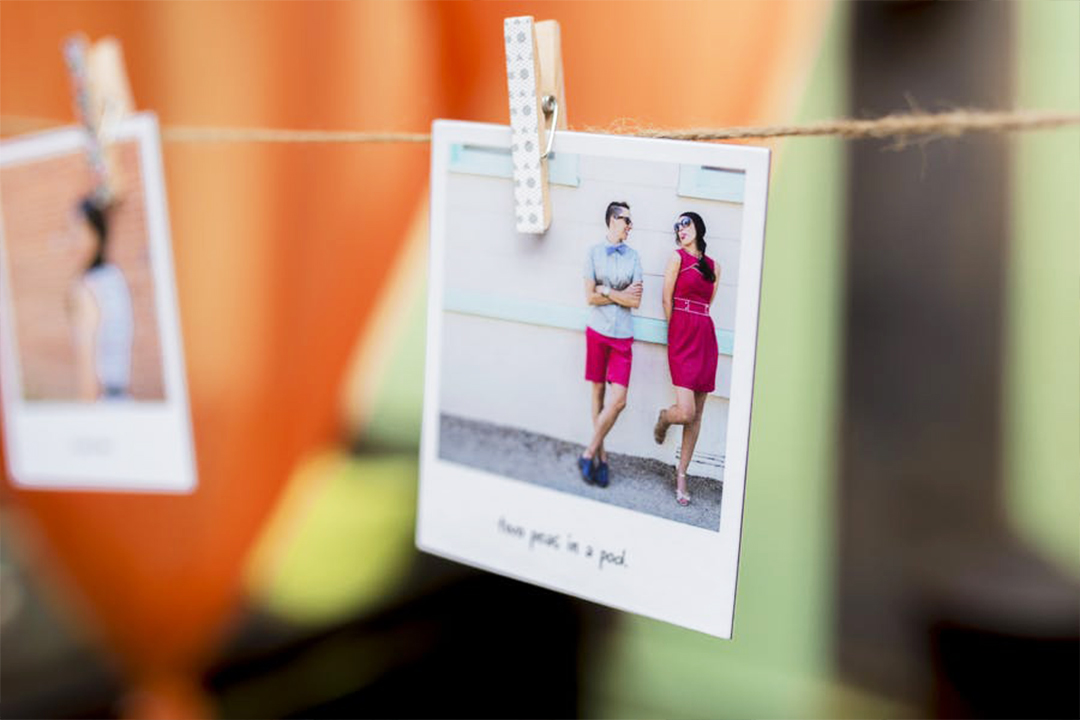
Is It Acceptable to Go Off-Registry for Shower Gifts and Buy Something Cheeky?
See above—you’ll have to feel out the vibe. If this is an all-women shower with mostly younger friends and relatives attending, then being playful with your shower gift can be fun.
If you’re worried that older or more conservative guests in attendance might not appreciate your gift of lingerie or fuzzy handcuffs, stick to something off the couple’s registry. It’s better to play it safe if you’re not sure about the crowd—you don’t want to make the guest of honor feel uncomfortable.
Do Bridesmaids Bring Gifts?
Traditionally, bridesmaids are expected to bring a gift to all pre-wedding events and give a wedding gift. However, each member of the bridal party’s financial situation is different, and their ability to furnish this many gifts will depend on how much they can afford to spend.
As a bride, keep in mind how much you’re already asking your bridesmaids to pay as participants in the wedding—think travel and accommodations for the bachelorette party, dresses, or hair and makeup services—as these costs add up. As a bridesmaid, consider what your total budget for the wedding is, and then contribute gifts based on what you can afford beyond the essential wedding expenses.
If I’m Attending Both the Wedding and the Shower, Do I Buy a Gift for Both?
Unless the shower has been explicitly labeled a no-gifts shower, you should purchase a gift for both the shower and the wedding itself. However, if you’re on a budget, the shower gift does not need to be expensive or extravagant, and you can devote more of your funds to the wedding gift.
How Much Should I Spend on a Shower Gift?
If you’re invited to the wedding and pre-wedding events, use the 60-20-20 rule to budget for gifts. First, identify the total amount that you’re comfortable spending on gifts for this couple. Then, allocate 60 percent of that number to the wedding present, 20 percent to an engagement present, and 20 percent to a gift for the shower.
If you’re not sure where to start with your total budget, the average wedding gift purchased on Zola costs between $100 to $120, which would indicate a total budget of $166 to $200, with shower gifts amounting to $33 to $40.
Do I Have to Open Gifts at My Shower?
No. Remember, the shower is your celebration, so you can unwrap (or not) if you want to. Some couples or brides may find being the center of attention for a solid 45 minutes uncomfortable. Others would rather spend their time eating cake, sipping bubbly, and mingling with guests.
If you don’t want to open presents at the shower, consider having a gift display. Ask guests to bring their presents unwrapped, and add them to the “display” table when they arrive. Throughout the length of the party, guests can then view and admire the gifts. However, for this to work, your host will need to communicate this wish to your guests ahead of time, as well as provide labels and pens for guests to identify who brought what.
Wedding Shower Activities
Do You Have to Play Bridal Shower Games at a Shower?
No, this isn’t unnecessary. If you’d rather skip the “how well does the happy couple know each other?” trivia, then, by all means, do. That being said, be sure to include the essentials of a great party atmosphere, such as food, drinks, light background music, and a comfortable location or venue in order to create an environment that encourages your guests to meet and mingle.
Are There Any Shower Themes or Activities That Don’t Involve Everyone Staring and Fawning Over Me for 2 Hours?
Totally. There are tons of creative ways that you can approach throwing a wedding shower that may not involve the traditional run-down of tea sandwiches, punch, and gift-opening spotlight. In fact, a non-traditional shower is a great way to express your individuality and create a unique experience for your guests. Get the whole group involved in something fun and hands-on, such as hiring a private chef to come teach the group how to make a specific dish, or have a professional florist conduct a class on how to arrange flowers.
Wedding Shower Thank-You Notes
When Should I Send Thank-You Cards for My Shower Gifts?
Thank-you notes should be sent as soon as possible after the event. Ideally, you want your guests to receive the note within two to three weeks of your shower, but especially before your wedding, as you’ll have your hands full after the big day with thank you-writing duties for all those wedding gifts. So, be sure to get your shower gifts acknowledged ahead of time to avoid sending back-to-back thank-you notes to certain guests.
Up next for you
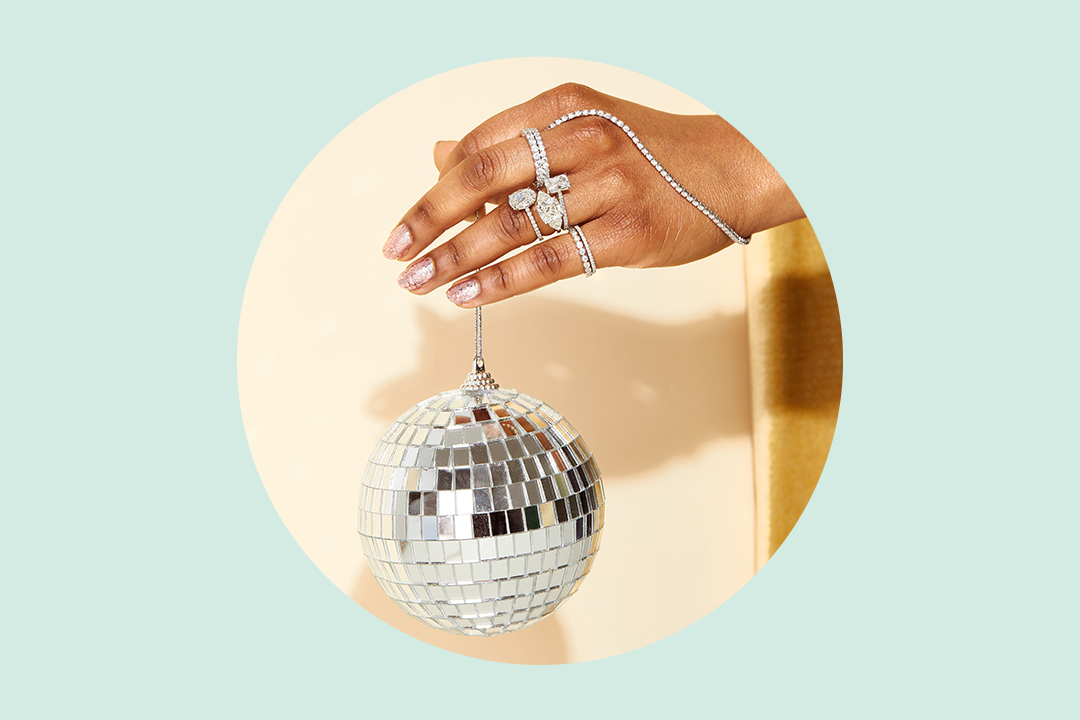
How To Plan A Bridal Shower To Remember
How-To
If you’re hosting a bridal shower and need a little guidance, here’s a step-by-step planning timeline to help you figure out what you need to do, and in what order, to pull off a great party.
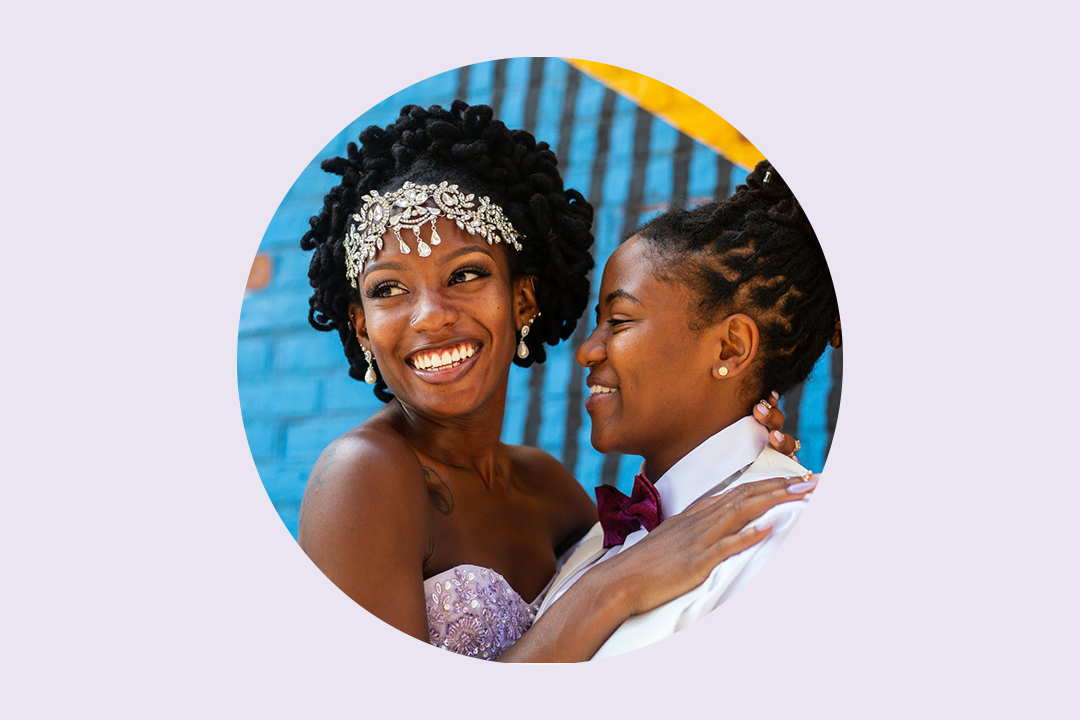
How to Plan a Queer Wedding Shower
How To
Trying to plan a queer wedding shower? We can help. Read on for all of our top tips and advice.

Wedding Shower Gift Etiquette
How To
Going to a wedding shower, but not sure what to bring? Keep reading for the best wedding shower gift etiquette!
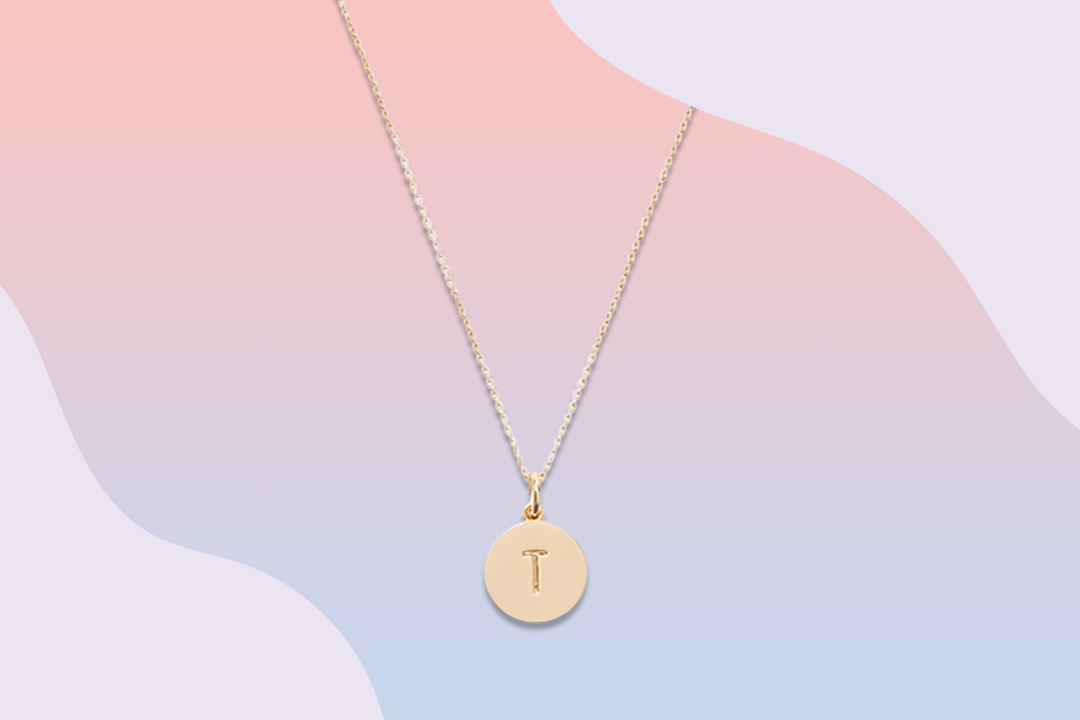
Bridal Shower Gifts Guide + Ideas
Inspiration
All of your bridal shower gifts questions answered. Explore expert advice on how much to spend, what to give, group gift ideas, & what to do if there’s no registry!
Featured
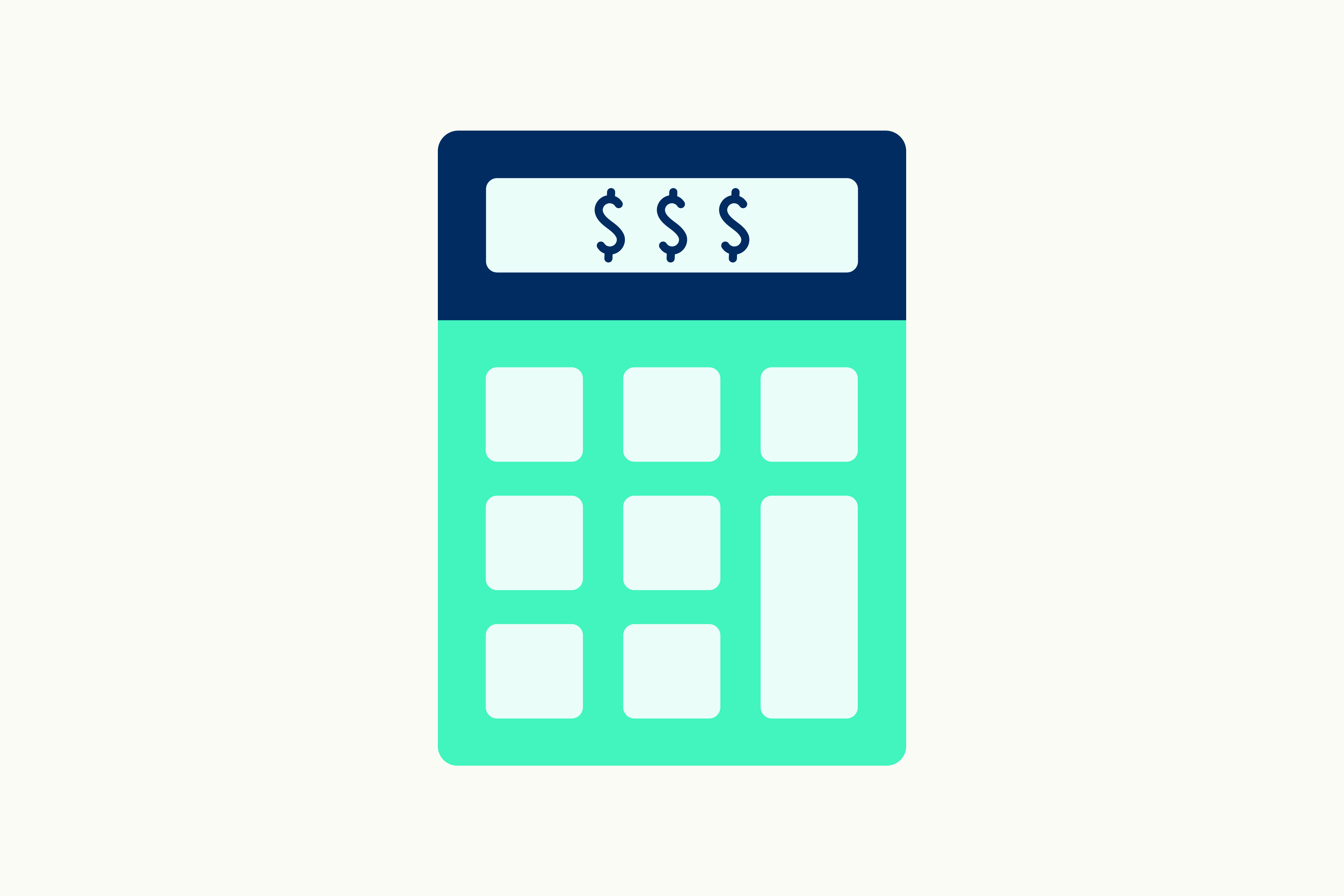
How to Start Creating a Wedding Budget Right Now
How To
Get your funds in your order so you can start planning the wedding of your dreams.
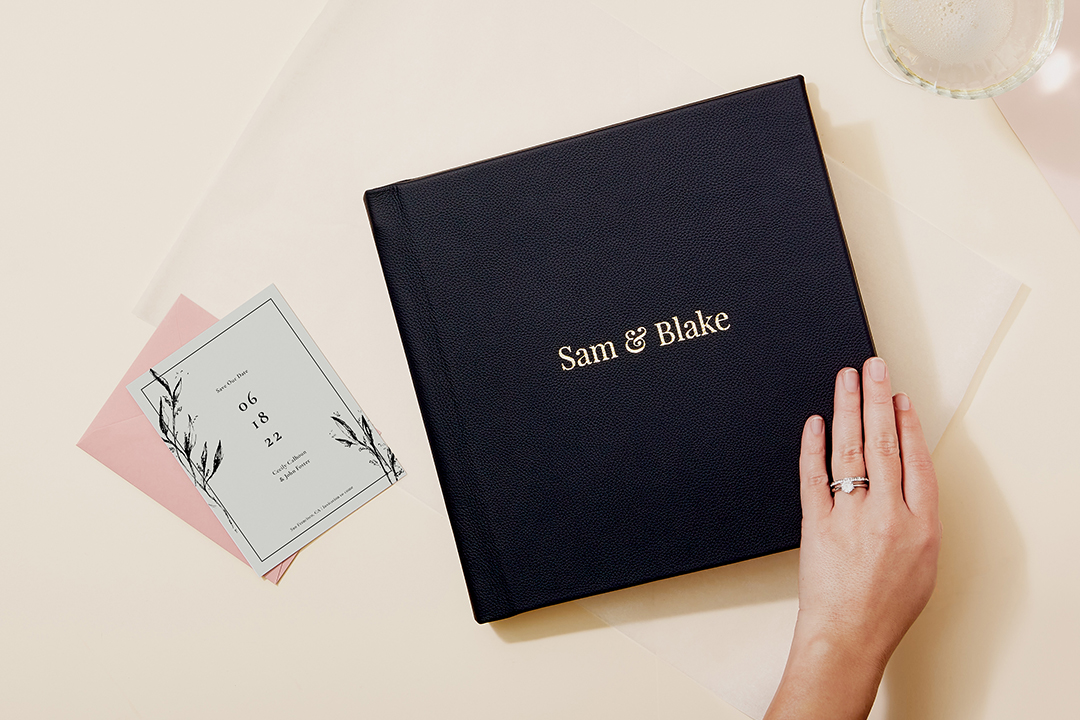
How to Create Your Wedding Album in 10 Minutes
How To
Wedding album planning just became a whole lot easier with Zola’s Album Wizard.

Best Ways To Start Saving For Your First Home Together
Finances
The thank-you notes are mailed, the honeymoon is over, and you and your partner are finally starting your lives together. Buying your first home is a major hurdle, but with some smart planning, you can land the home of your dreams and stay within your budget.

7 Tips for Merging Cultures in a Multicultural Wedding
List
It's not easy to merge cultures, traditions, and families for a multicultural wedding. Here are expert tips on blending two or more cultures for your wedding day.
- Expert advice/
- Parties & events/
- Wedding shower/
- Wedding Shower Guide – Everything You Need To Know
Find even more wedding ideas, inspo, tips, and tricks
We’ve got wedding planning advice on everything from save the dates to wedding cakes.
